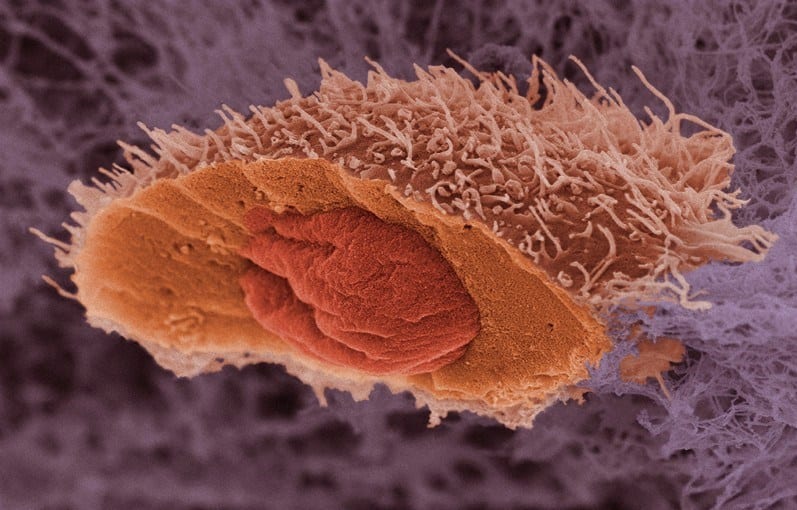Community and Health Research Unit Newsletter Winter 2021/22

The latest edition of the CaHRU Newsletter (Winter 2021/22) was published in March 2022. The newsletter presents the work of the research centre over the past three months and includes articles from the CaHRU blog covering publications, conferences and funding. Continue reading Community and Health Research Unit Newsletter Winter 2021/22




